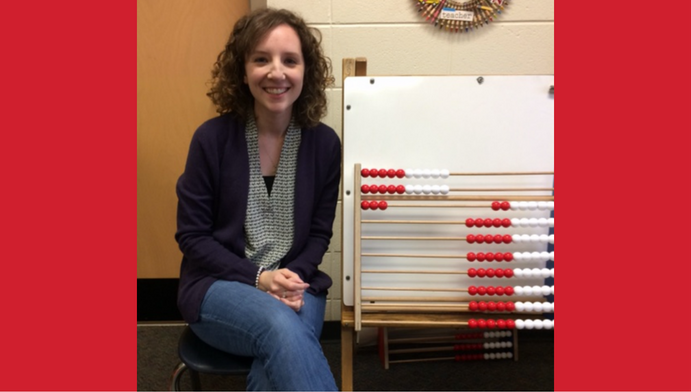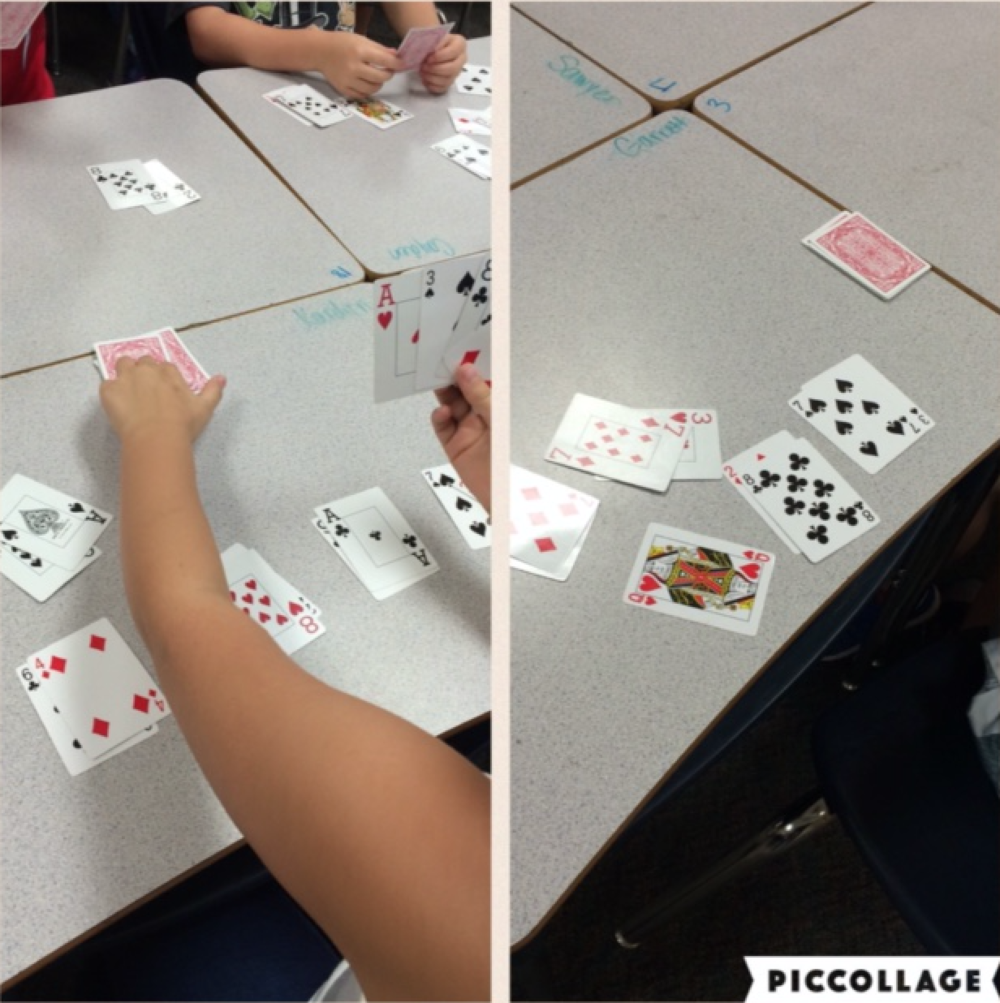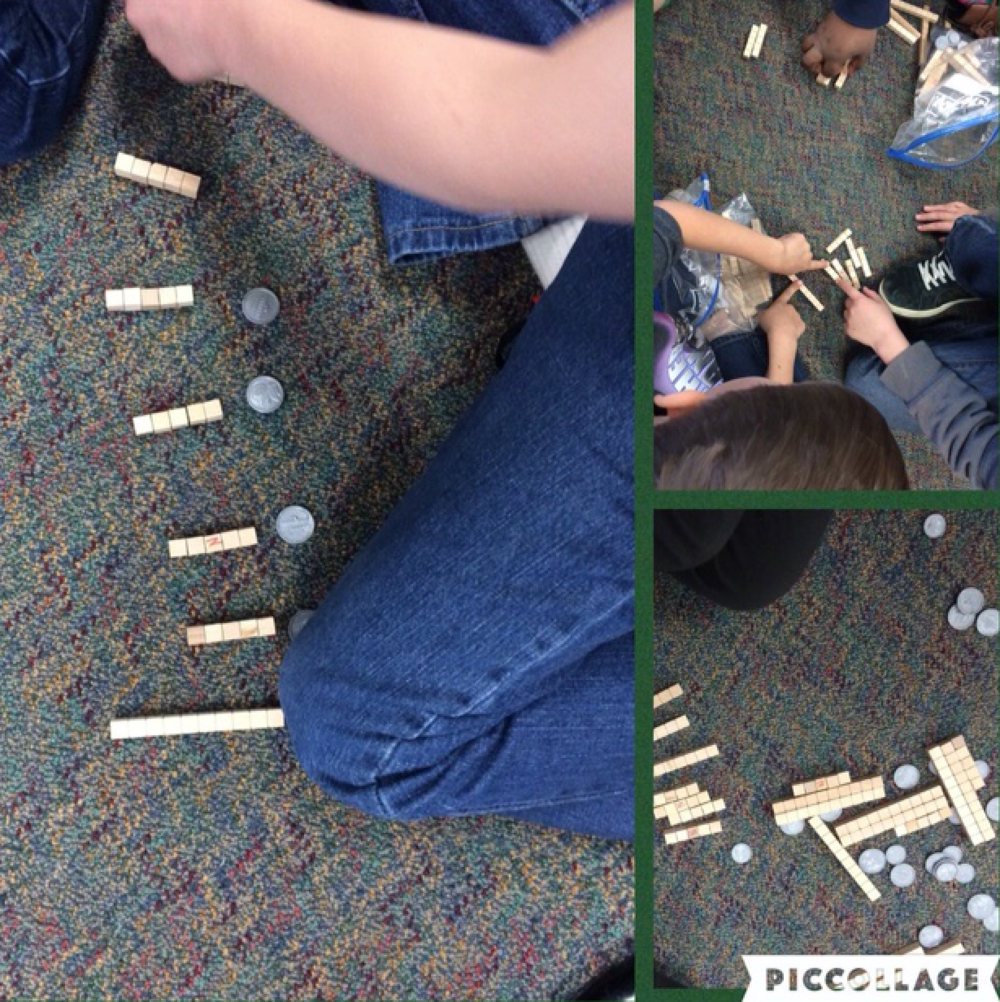
Section Branding
Header Content
Q & A With Christy Sutton: Presidential Award For Excellence In Mathematics Teaching State Finalist
Primary Content

Christy Sutton, a second grade teacher at Lee County Primary School, was recently recognized as one of five Georgia state finalists for the Presidential Award for Excellence in Mathematics Teaching.
About Christy Sutton:
Christy Sutton was raised in Fitzgerald, Georgia. In college, she and her family moved to Milledgeville, Georgia, where she went to college, met her husband, and began teaching. After teaching four years, her husband's job transferred them to Albany. Christy then taught at Cox Elementary for one year in Colquitt County before being hired at Lee County Primary School where she has been for the past four years. She received her Associate's Degree in Early Childhood Education from Abraham Baldwin Agricultural College, her Bachelor's Degree in Early Childhood Education from Georgia College and State University, and her Master's Degree in Mathematics Education from the University of Georgia. This is her ninth year teaching; she taught 3rd grade for five years and has been teaching 2nd grade for the past four years.
Q1. What is your favorite aspect of teaching?
My favorite aspect of teaching is when I get to see the light bulb go off for a student. When we have been working with manipulatives (counters or base 10 blocks) and the numbers finally click with how to add or how to subtract, my hard work makes it worth it. I love knowing that I am, hopefully, changing the perception of math from something of rules that need to be followed to situations that can be solved through thinking and perseverance.
Q2. What does learning look like in your classroom?
If someone walked into my room in the middle of teaching, it would look like a loud chaotic mess, but there is a lot of organization, learning, and thinking going on. I teach in small groups (students rotate through 3 groups every day). One group is with me where I teach six to eight students in a small group with manipulatives and dry erase boards and we work on different math strategies. Another group is applying our math concept through a game or task. The last group requires students to tackle a problem-solving question before getting on a computer and practicing our skill through a computer game.


Q3. How do you help prepare elementary-aged students for jobs that don’t yet exist?
When I was in school, I would have never thought that watches would be cell phones (or even that there would be cell phones), much less apps, Netflix, drones, and FaceTime. One way to prepare them for future jobs is through something called 3-Act tasks. These tasks involve showing students a picture or a quick video (less than 1 minute). Students then write everything they noticed in the video and any questions they have. They then pick one of their questions, decide what information they need to solve it, find that information, and solve the problem. This teaches them to question how things could be different or better and use problem solving skills to make it happen.
Q4: How do you get students excited about learning math?
The best way to get students excited about math is to be excited myself. Personally, I love math and am excited when I teach it, so that transfers over to students. I use games, 3 Act tasks, and real world situations to get them interested in what we are doing.
Q5. How do you respond to the common perspective that a lot of math learned in school won’t be used in “the real world”?
Some of that is true. I still haven’t needed to use sine and cosine in my everyday life or in the teaching of second graders. However, what I have needed to use is problem-solving skills, critical thinking, analysis of situations, and how to think logically. Math teaches you to look at your answer and see if it is logical, to visualize moves in advance, know that mistakes are learning opportunities, and that there is usually more than one way to reach a solution. Those are the skills that you will need in any job and you have your math teachers to thank for that.
Q6: What advice would you give to someone who’s thinking about becoming a teacher?
Realize that your job will not just be teaching a child to read or count. Your job will require you to be the one that holds them when a parent dies or divorce happens, to cry over abuse cases, to be their counselor when they have friend problems, to be their nurse when they fall, their disciplinarian when needed, to be their protector during storms and tragic situations, to be their biggest cheerleader, and to pray over them and the decisions they make. There is a lot of paperwork, a lot of parents that do not understand, a lot of children that need more than you feel like you can give, but there are plenty of rewards and lots of love that go with it.
Q7: When will the Georgia winner be announced?
It's up to the committee and the President. Obama can do it before he leaves office or Trump will do it when he can. The actual president has to announce it. It can be next week or up to a year. They just announced the 2014 winners at the same time as 2015 a couple months ago. I was nominated in 2015, turned in my packet in 2016 and will hopefully find out in 2017.
_______________
Nominations and applications for the 2017 Presidential Award for Excellence in Mathematics and Science Teaching are now open. For more information, please visit paemst.org.





